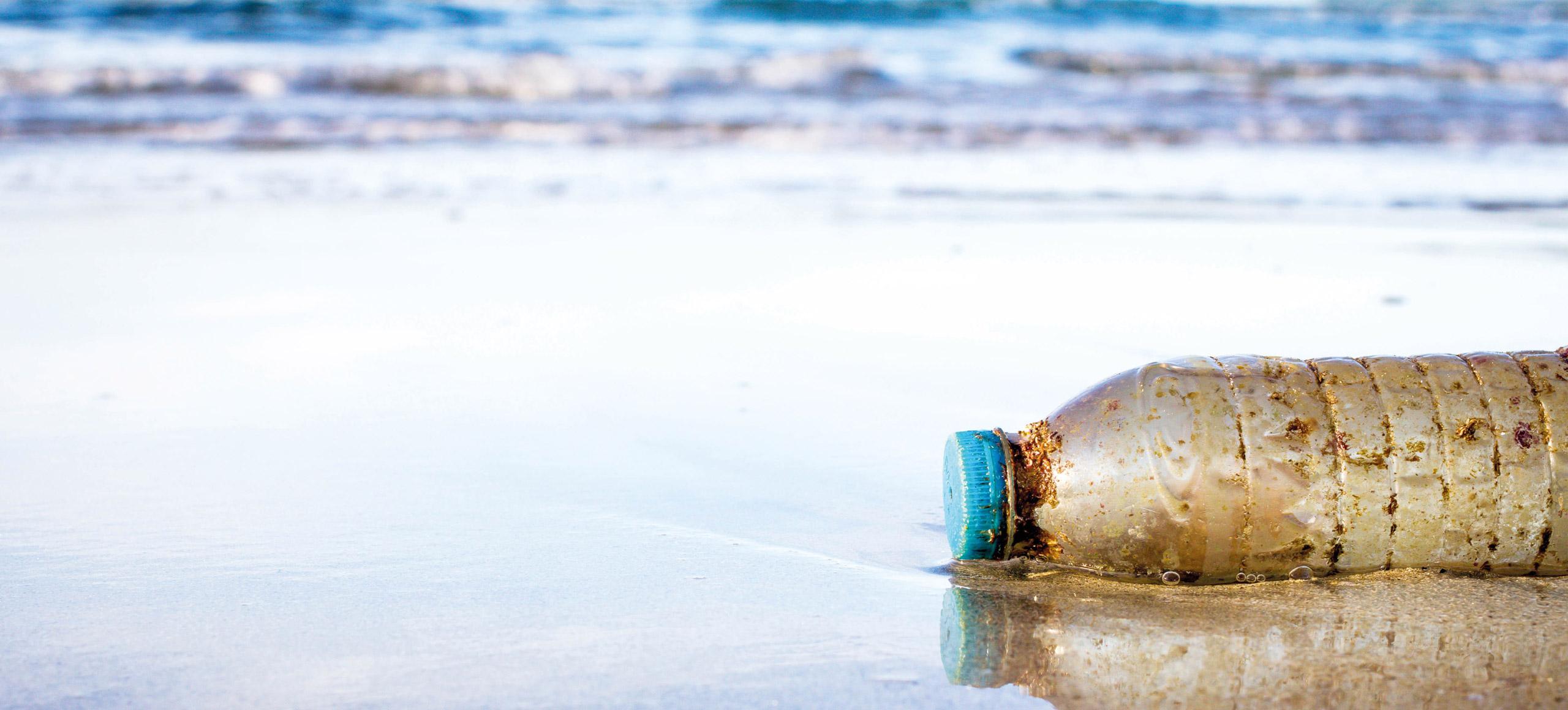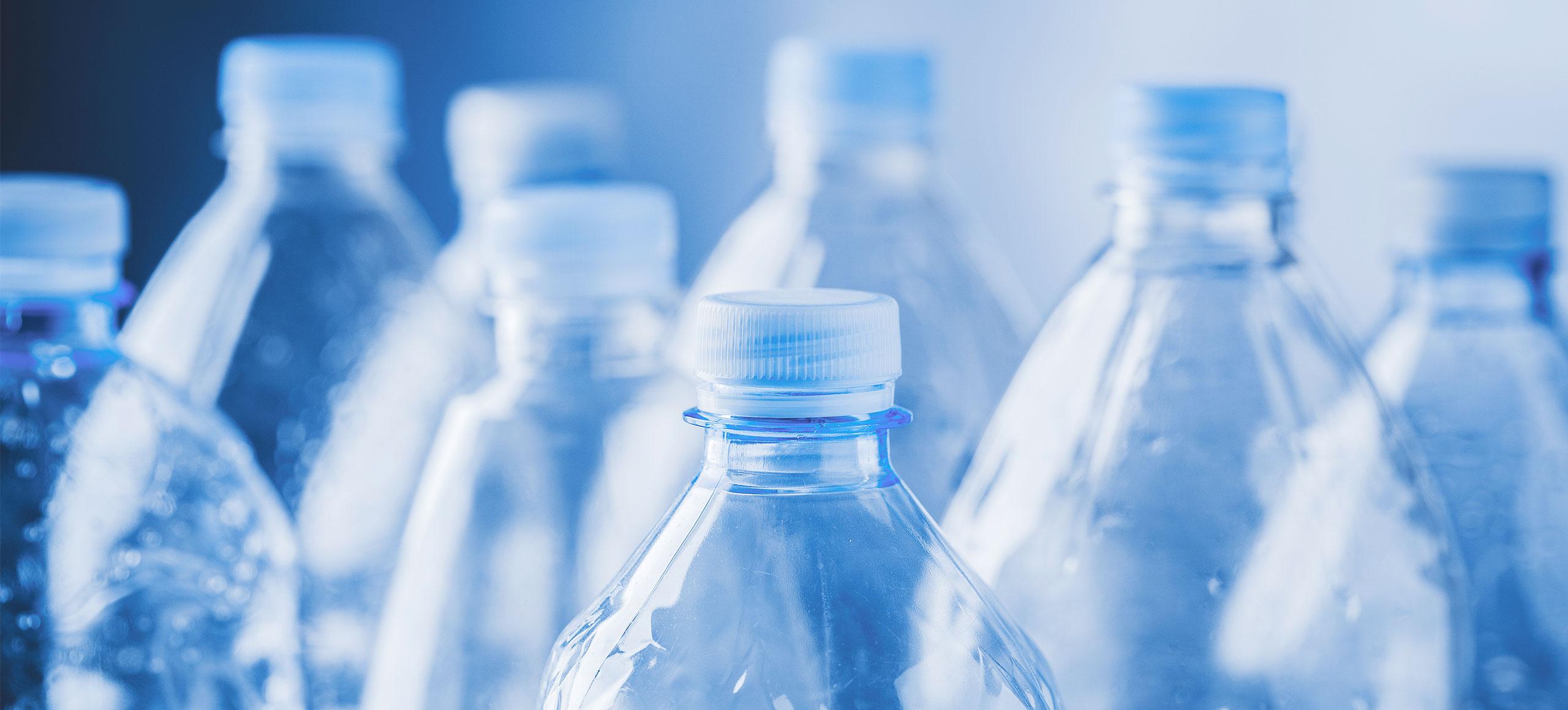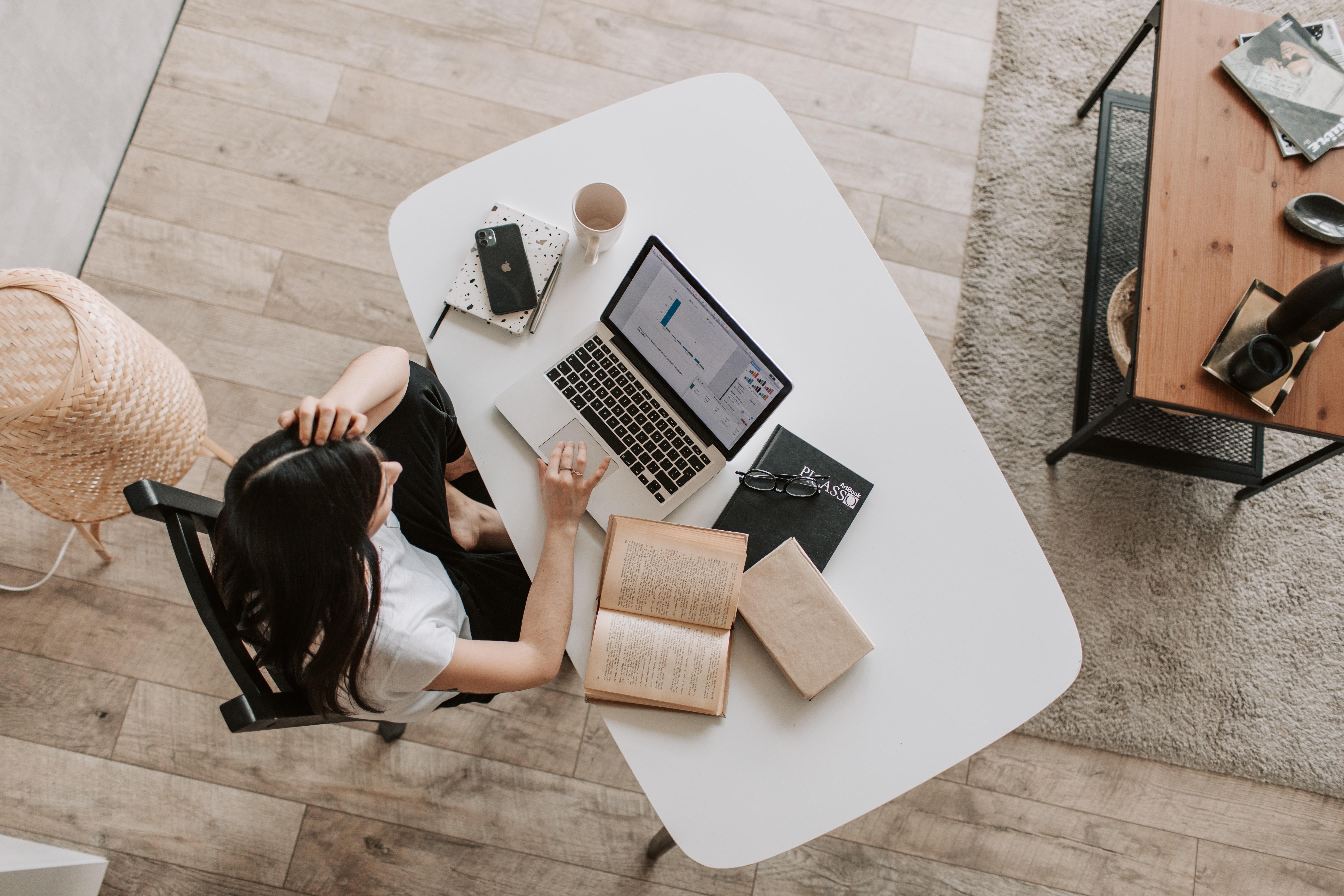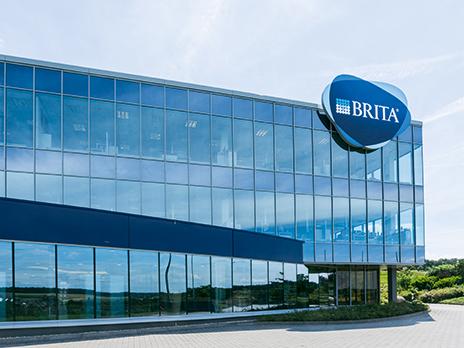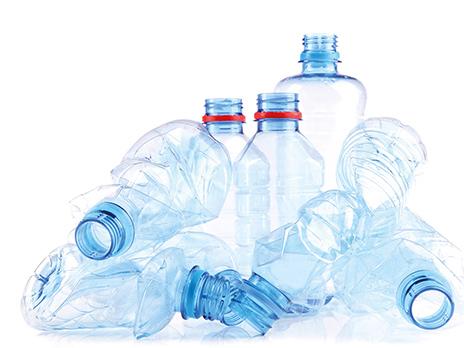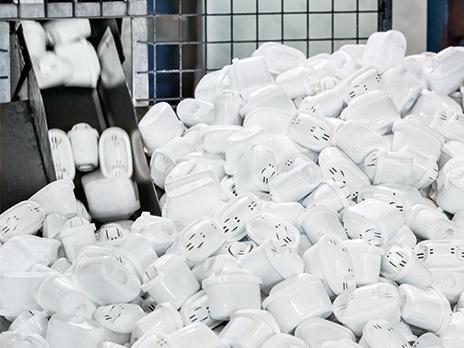At BRITA, we commissioned a survey that highlights a new willingness to accept drastic change to day-to-day life when required.
Our findings suggest that positive, eco-friendly habits picked up at home during lockdown could be the cultural shift needed to help tackle plastic pollution, reduce litter and protect marine life.
In fact, almost seven in ten people said they were willing to alter their behaviour to manage a global crisis or existential threat, and 71% now believe people should be more willing to change their behaviour if necessary, mirroring how well the public responded to lockdown rules when the coronavirus risk became evident.

